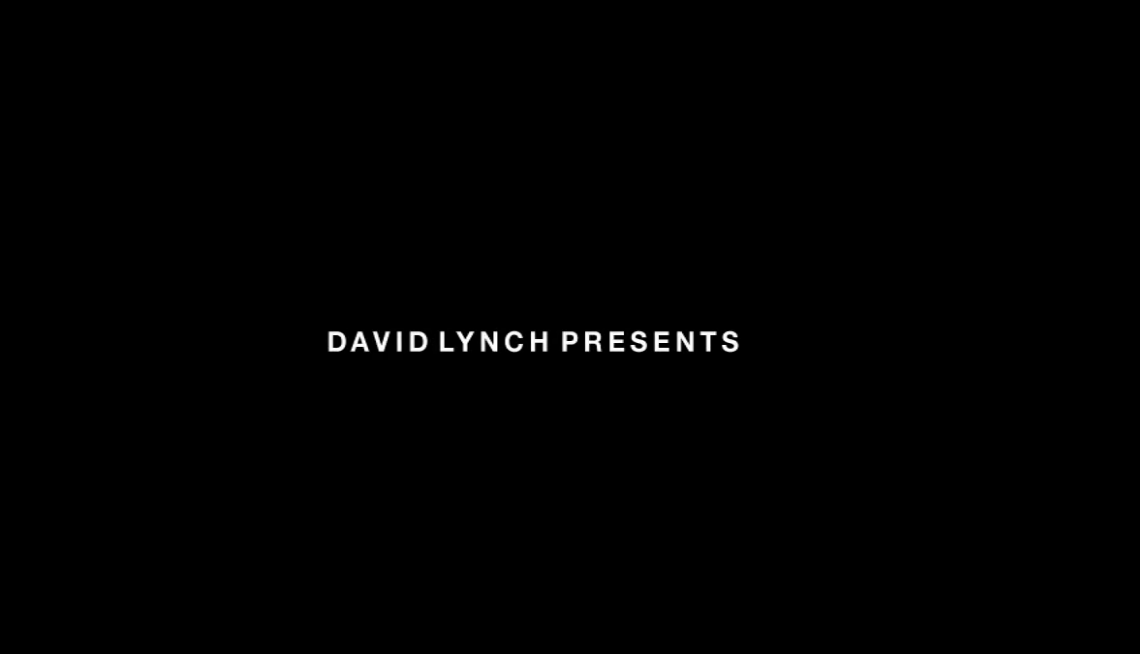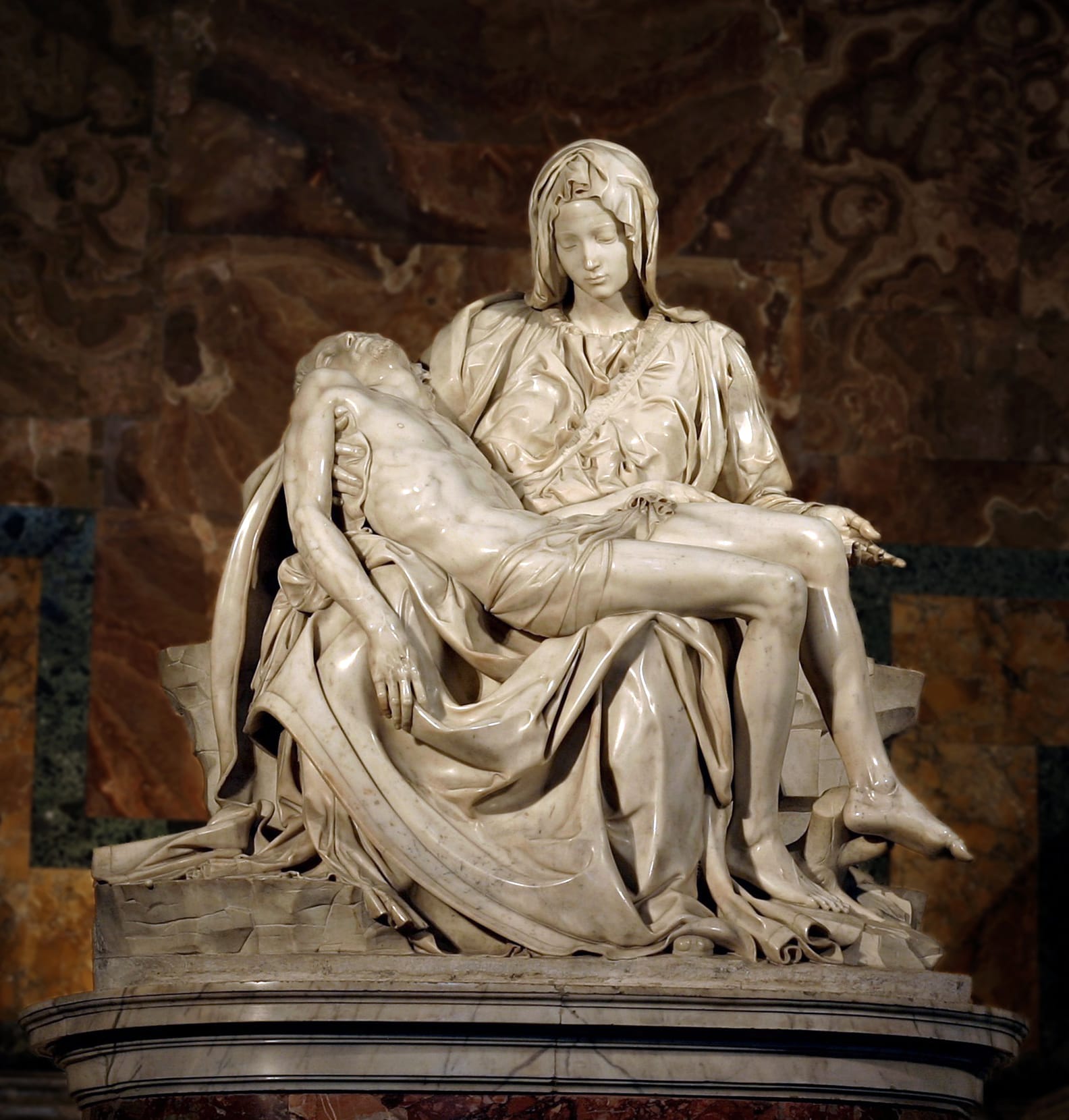Nardwuar does bizarre and entertaining interview with Canadian Prime Minister Mark Carney. I'm all for it.
Interviews
8 PostsFrom 1980-2005, Larry Katz, a reporter for the Boston Herald, interviewed music's biggest stars and recorded their conversations onto cassette tapes.
His collection has been sitting untouched and unheard for decades...until now.
Nina Simone, Aretha Franklin, Mick Jagger, Bowie, Miles Davis... Here's a 20 min video "trailer":
I won't be the first to link this, but it's so alive it's hard to resist. He dishes on Michael Jackson, Marlon Brando, Bono, Cyndi Lauper... pretty much everyone he thinks of.
[Marlon] Brando used to go cha-cha dancing with us. He could dance his ass off. He was the most charming motherfucker you ever met. He’d fuck anything. Anything! He’d fuck a mailbox. James Baldwin. Richard Pryor. Marvin Gaye.
He slept with them? How do you know that?
[Frowns.] Come on, man. He did not give a fuck! You like Brazilian music?
Jones died the other day at 91. Full interview is on Vulture's site: Quincy Jones: In Conversation.
On a recent episode of the NYTimes Modern Love podcast, actor Andrew Garfield reads Chris Huntington's wonderful essay Learning to Measure Time In Love and Loss (both gift links).
Not only is the essay terrific and Garfield's performance excellent, but during it, he breaks down and the moment is rather extraordinary for how uncommon it is in today's culture and media. Some actors would have asked for the piece to be edited to be seamless — some podcasts would have done it without being asked — but offering it up whole was the correct decision and I urge you to listen to it.
In the opening, before he reads the essay, Garfield unknowingly quotes Stanley Kunitz's The Testing-Tree when he says, "The heart lives by breaking." The full quote is, "In a murderous time, the heart breaks and breaks and lives by breaking." It's a wonderful line that's grown in meaning for me as I've aged. (Kunitz's book, Passing Through, is one of the many books in my bathroom. I've always kept books in my bathrooms. In more recent times, they're an excellent encouragement to not take my phone with me. You're just sitting there. Read a poem!)
You can read Kunitz's The Testing-Tree here.
Garfield mentions that Huntington's essay brings Rilke to mind. Specifically, Robert Bly's translation of The Man Watching:
I can tell by the way the trees beat, after
so many dull days, on my worried windowpanes
that a storm is coming,
and I hear the far-off fields say things
I can't bear without a friend,
I can't love without a sister
The storm, the shifter of shapes, drives on
across the woods and across time,
and the world looks as if it had no age:
the landscape like a line in the psalm book,
is seriousness and weight and eternity.
What we choose to fight is so tiny!
What fights us is so great!
If only we would let ourselves be dominated
as things do by some immense storm,
we would become strong too, and not need names.
When we win it's with small things,
and the triumph itself makes us small.
What is extraordinary and eternal
does not want to be bent by us.
I mean the Angel who appeared
to the wrestlers of the Old Testament:
when the wrestler's sinews
grew long like metal strings,
he felt them under his fingers
like chords of deep music.
Whoever was beaten by this Angel
(who often simply declined the fight)
went away proud and strengthened
and great from that harsh hand,
that kneaded him as if to change his shape.
Winning does not tempt that man.
This is how he grows: by being defeated, decisively,
by constantly greater beings.
I know little of Garfield, but that he was in The Social Network and was one of the Spidermans, but the few interviews I've heard with him have shown him to be thoughtful and intelligent. His thoughts on grief are particularly admirable. If you enjoyed the above, you might appreciate his interview with Marc Maron from a few years ago.
I've been working on an essay about David Lynch's Mulholland Drive forever, it seems. Since it's still not done, I give you this instead.

David Lynch Presents Interview Project is a 20,000 mile road trip where 121 people were found at random and interviewed. Those interviews were edited into short films and showcased on David Lynch's website. When david took his site down the Interview Project material was also taken down. To commemorate the 15 year anniversary of the original launch of the series in 2009, the Interview Project Team has decided to re-release all 121 of the original episodes in hi definition here on YouTube.
A decent interview with Signal's President, Meredith Whittaker.

If you don't know Signal, it's a communications app similar to Telegram or Whatsapp or FB Messenger, but it's not run by creeps or owned by a billionaire narcissist.
It's available on Android and iOS and is free. You can reach me on Signal at atinybe.11.

Werner Herzog's memoir Every Man for Himself and God Against All offers a fascinating glimpse into the life of this renowned filmmaker. While I'm not a huge fan of his films, even though I've seen many, I find Herzog's perspective as a writer to be compelling.
One of his most famous concepts is ecstatic truth, a term he coined to describe a form of truth that is not bound by factuality. This is not to be confused with the Republican notion of "alternative facts," as Herzog is not ignoring or denying facts. Rather, he seeks to illuminate and enhance them, much like how Miles Davis might explore a musical note by not playing it directly, but by playing around it. This idea of "ecstatic truth" resonates with me. Years ago, I shared with a lover a story I’d written, only to have her accuse me of fabricating details. My response at the time was that the story represented a more essential truth, even if the specifics were not entirely factual. “But it’s not truth,” she said.
“It’s narrative truth,” I replied.
"So, a lie."
Obviously, she wasn't having it.
Let me say one thing about ecstatic truth. The simplest way to explain it is by looking at Michelangelo’s Pietà, the statue. Jesus in the arms of Mary is a thirty-three-year-old man, tormented on a cross and taken down, but his mother is only seventeen. It’s one of the most beautiful sculptures that was ever created. And my question now is did Michelangelo try to cheat us, did he try to give us fake news, defraud us, lie to us? The answer, of course, is no. He shows us a deeper truth of both figures.
— Werner Herzog, Werner Herzog Has Never Liked Introspection
Read The Ecstatic Truth in the New Yorker (2006).
Read Werner Herzog Has Never Liked Introspection in the New Yorker (2022).
Read Werner Herzog Defends His Ecstatic Truth (2023).
Bloom is a literary site devoted to highlighting, profiling, reviewing, and interviewing authors whose first major work was published when they were age 40 or older. Great idea for a website.
If someone is labeled a “late bloomer,” the question Bloom poses is, “Late” according to whom?
André Aciman, Nicholson Baker, Kit De Waal, Isak Dinesen, George Eliot, Zora Neale Hurston, PD James, Tove Jansson, James Michener, Viet Thanh Nguyen, Walker Percy, Donald Ray Pollock, Annie Proulx, Mary Roach, James Salter, Mark Twain, Laura Ingalls Wilder, and Lidia Yuknavitch are just some of the authors they've discussed or interviewed.
